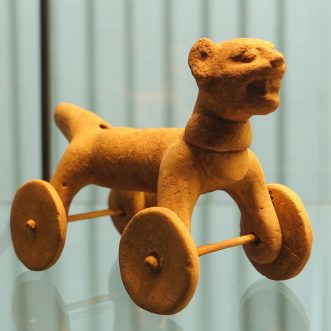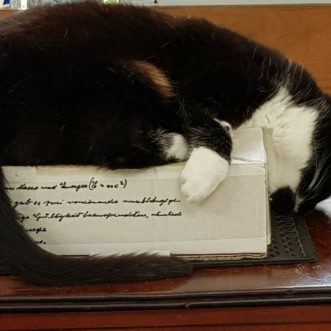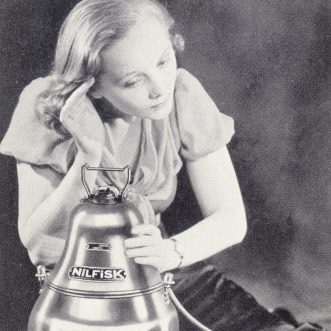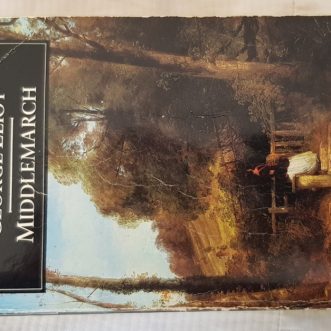
Timesheets
There’s a very interesting article by Alistair Barlow on AccountingWeb today, about timesheets.
Not as a tool for calculating prices, but as a tool for measuring performance.
As I discovered a couple of years ago, ‘time spent’* is a pretty accurate proxy for all costs.
That means that a relatively easy way to get an accurate picture of how much a process is costing to run, is to measure how much time is spent on running it. And this can be measured straightforwardly, by simple observation.
Timesheets are one way to observe how much a process is costing to run. But they are a pain to fill in, cost time to complete, and feel intrusive.
Much better to let each process tell you as a side-effect.
I’m working on that.
*”Duration-Based Costing: Utilizing Time in Assigning Costs” Anne-Marie Lelkes, Ph.D., CPA, Management Accounting Quarterly, Summer 2017.









